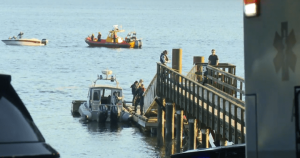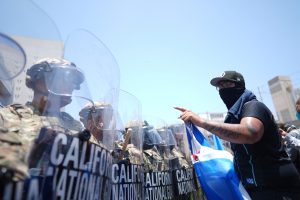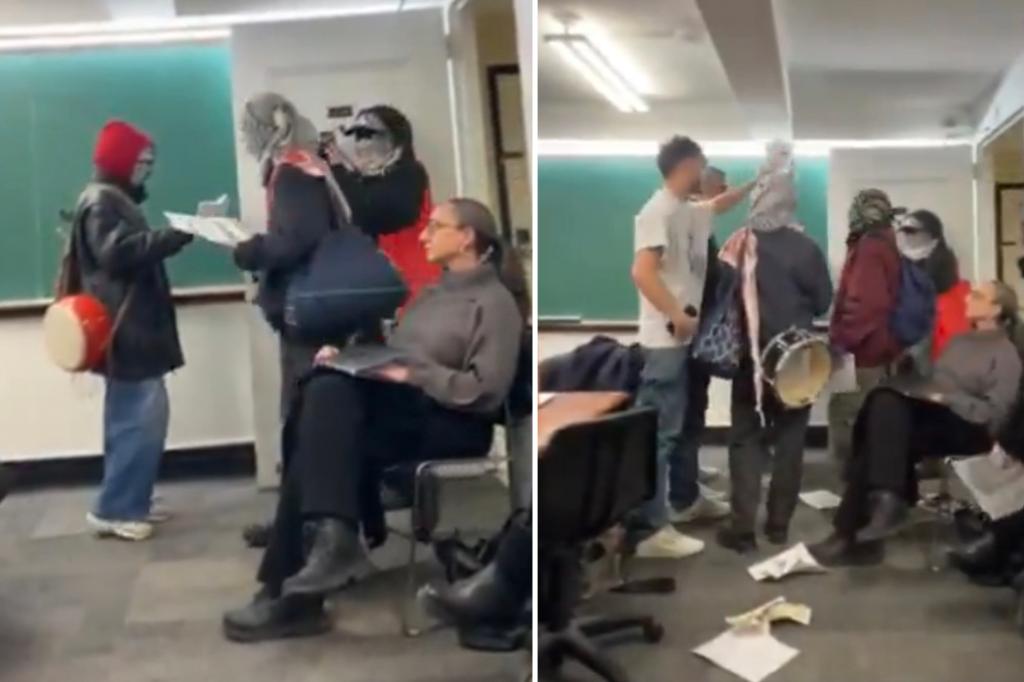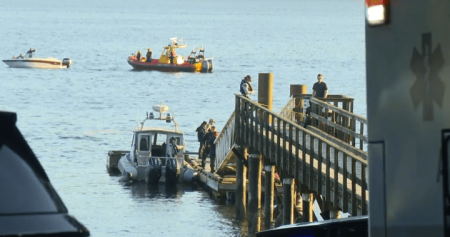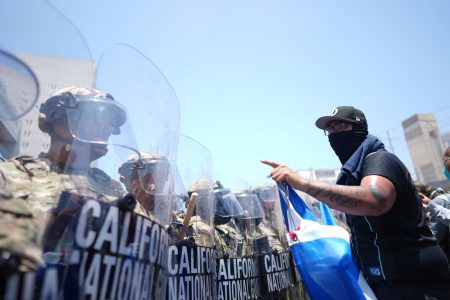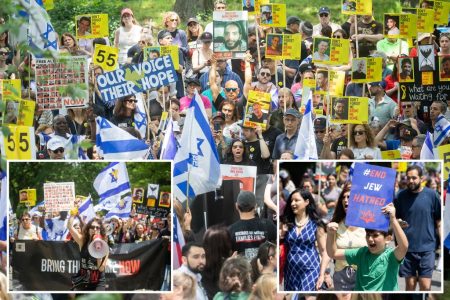The first day of the spring semester at Columbia University was marred by a disruptive protest targeting a “History of Modern Israel” class. A group of protesters, some wearing keffiyehs and masks, entered the classroom and distributed flyers containing inflammatory messages against Zionism, including calls to “crush” and “burn” it, accompanied by violent imagery. This intrusion sparked immediate pushback from students in the class, who rejected the flyers, questioned the protesters’ anonymity by asking them to remove their masks, and asserted their right to learn without disruption. The incident, captured on video and widely shared online, highlighted the ongoing tensions surrounding the Israeli-Palestinian conflict on college campuses.
The disruption underscored a broader pattern of anti-Israel demonstrations at Columbia University, particularly following the Hamas attack on Israel in October 2023. This attack, which resulted in the deaths of 1,200 Israelis and the taking of 240 hostages, triggered a protracted conflict in Gaza, leading to a significant loss of life on both sides. While a recent ceasefire agreement offered a glimmer of hope for peace and the release of hostages, the incident at Columbia demonstrated the lingering animosity and the challenges of fostering open dialogue on such a sensitive topic.
Columbia University’s interim president, Katrina Armstrong, swiftly condemned the classroom disruption and the violent imagery used in the flyers. Her statement emphasized that disrupting academic activities violates university rules and that any form of antisemitism, discrimination, harassment, or intimidation would not be tolerated. She pledged a prompt investigation into the incident and affirmed the university’s commitment to addressing such acts. This response reflected the institution’s attempt to balance free speech with the need to maintain a respectful and safe learning environment.
The incident at Columbia reflected a broader debate about the boundaries of protest on university campuses. While some viewed the protesters’ actions as a legitimate expression of their political views, particularly in light of the ongoing Israeli-Palestinian conflict, others criticized the disruption of a classroom as an infringement on academic freedom and a form of intimidation. The students’ swift rejection of the flyers and their insistence on their right to learn undisturbed demonstrated a growing resistance to disruptive tactics and a desire for constructive engagement with complex issues.
The incident also reignited discussions about antisemitism on college campuses. The use of imagery depicting violence against the Star of David and the language used in the flyers raised concerns about the blurring of lines between criticism of Israeli policies and expressions of antisemitism. This incident highlighted the challenges of navigating these sensitive issues in academic settings and the need for universities to create environments where diverse viewpoints can be expressed without resorting to harassment or intimidation.
The strong reaction from both students within the classroom and figures outside the university underscored the polarizing nature of the Israeli-Palestinian conflict and its impact on campus life. Supporters of Israel praised the students who challenged the protesters, while others defended the protesters’ right to express their views, albeit not in a disruptive manner. The incident underscored the ongoing need for universities to foster open dialogue and respectful engagement with complex and contentious issues, while also ensuring the safety and security of all members of their community. The incident at Columbia serves as a reminder of the delicate balance between freedom of expression and the maintenance of a conducive learning environment, a challenge faced by universities across the country.
